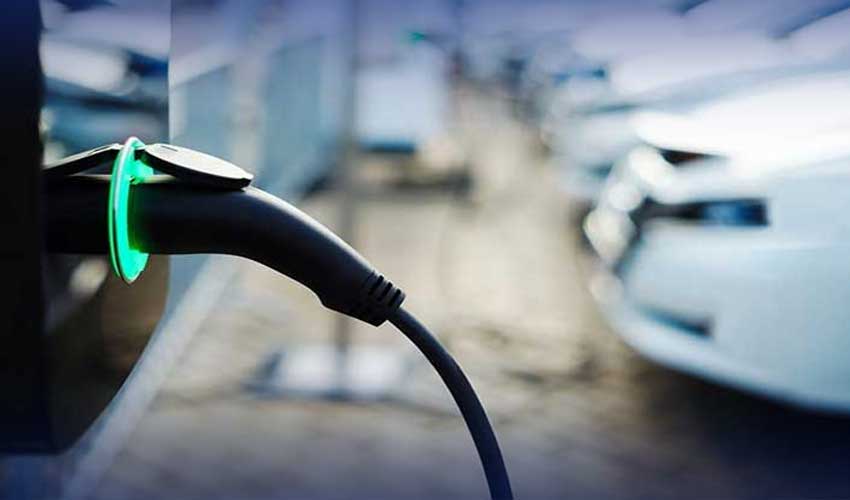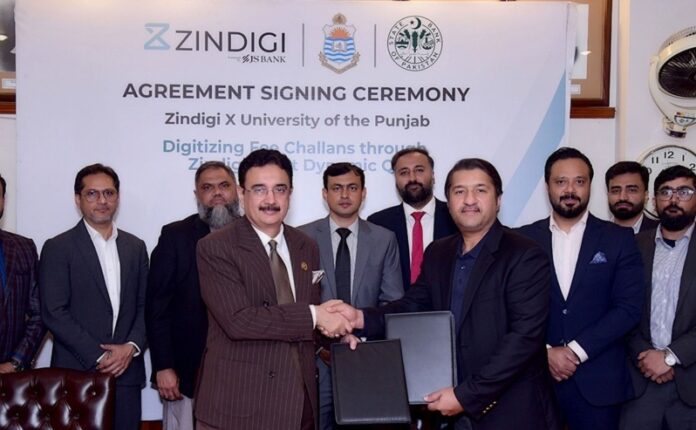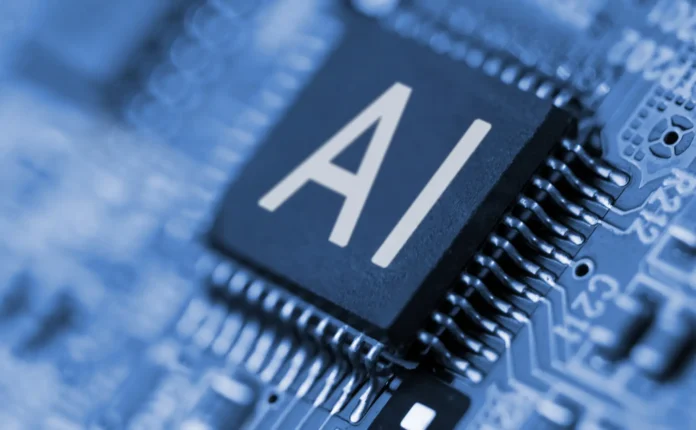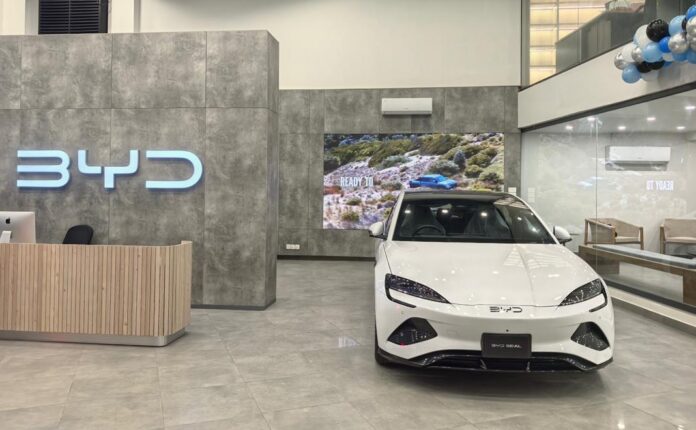Scientists have created a battery that can charge in seconds.
The breakthrough was made by a South Korean team using next-generation sodium batteries that are safer and cheaper than traditional lithium-ion batteries used in electric cars and mobile phones.
In addition to being 500 times more powerful than lithium, sodium (Na) can be more efficient and can charge batteries than lithium-ion batteries.
Na-ion batteries have so far been limited by problems such as long charging times and insufficient storage capacity that prevent their widespread use.
To do this, they combined materials typically used in batteries with materials compatible with supercapacitors used in everything from electric vehicles to regenerative braking systems to wind turbine rotor blade controllers.
Better energy density than current lithium-ion batteries, the new battery has potential applications in consumer electronics and electric vehicles.
“The sodium-ion hybrid energy storage device is capable of fast charging and achieves an energy density of 247 Wh/kg and a power density of 34,748 W/kg,” said Jeung Ku Kang, a professor in the Department of Materials and Engineering at KAIST, who supervised the research. “
“[I]t is a breakthrough in overcoming the current limitations of energy storage systems,” he said, adding that it will have “wide application in a variety of electronic devices.”
The news comes just weeks after Japanese researchers discovered a new process to mass-produce sodium solid-state batteries.
By significantly increasing the charging capacity of electric car batteries and doubling the range of existing EVs, the new technology could eliminate the range problem.







